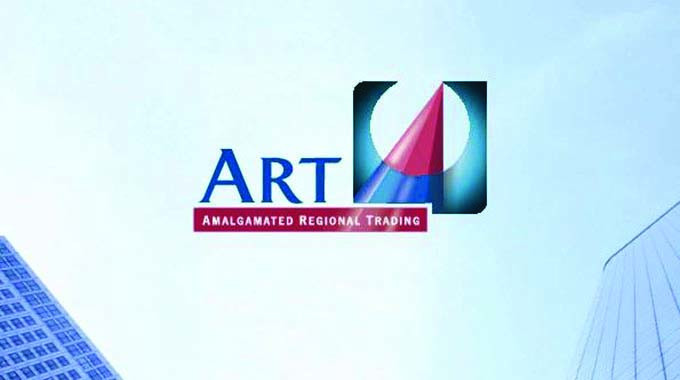
DIVERSIFIED manufacturer, Amalgamated Regional Trading (ART) Holdings Limited, experienced a 28% decline in export volumes for its third quarter performance ended June 30, 2024, owing to foreign currency challenges.
Over the past few months, the market has been plagued by an acute foreign currency liquidity crunch owing to tight monetary and fiscal policies.
“The restructuring of the group is on-going with focus on de-leveraging, reducing currency risk and improving cash generation. During the period under review, the group managed to restore profitability, successfully disposed some of its underutilised properties and applied the proceeds towards reducing debt,” ART said in a trading update for the third quarter ended June 30, 2024.
“Revenue for the period ended June 2024 was US$24,9 million. Volumes recovered in the batteries division by 5%. The group’s overall volumes for the year declined by 8% mostly due to the scaling down of the paper business. Export volumes for the quarter declined by 28%, with regional sales performance impacted by foreign currency challenges.”
ART operates three segments, stationery and paper, energy storage and timber.
Under its stationery and paper segment, the business was affected by the delays in completing currency conversion processes across the market.
“Pen volumes at 10,2 million declined by 26% from prior year. The on-going restructuring of the businesses has necessitated the growth of trading stationery and paper lines from India and South Africa,” ART said.
“Trading revenue has grown to 10% in line with initiatives to overcome raw material and power supply shortages.”
- ART sees 28% decline in exports volumes
Keep Reading
Timber sales volumes increased by 21% to 1 614m3 driven by increased demand for structural timber.
“Margins remained firm despite competition from contractors with toll milling arrangements. Customised pallet production resumed during the period,” ART said.
Under energy storage, volumes increased by 5% to 93 523 units on the back of improved product availability and reduced currency fluctuations.
“There was increased pressure on pricing from imports as the market adjusted to the currency reforms and the reduced liquidity in the market,” ART said.
“The demand for maintenance free and larger batteries grew as the market responded to our wider sales support and quality compared to the prevalent sub-standard imports.”
It said the economic environment was expected to remain difficult with inflation, currency instability and erratic power supplies to continue weighing down growth opportunities.
“The group will continue to take the tough decisions necessary to protect the business and its sustainability beyond the current situation,” ART said.
“The reduced debt levels will provide us with the necessary headroom to navigate any market headwinds and provide us with the flexibility to accelerate investment in higher margin businesses while reducing our exposure to declining market segments.”










